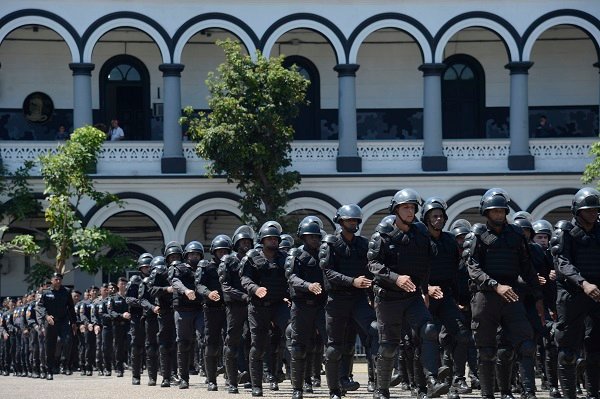The Senate approved on Tuesday (07/11) the Organic Law on Military Police and Firefighters. The text organizes and unifies, at a national level, the rules applied to these categories. The project goes to President Luiz Inácio Lula da Silva (PT) for approval. The law ensures that the Fire Department and Military Police (PM) have a state character and are subordinate to the governor of each federative unit. Among the new rules is the prohibition on publishing images of people in police custody without judicial authorization.
This Content Is Only For Subscribers
To unlock this content, subscribe to INTERLIRA Reports.
Another section of the approved project provides that the police can create ombudsman offices subordinate to the general commander – and not to the Public Security Secretariat or Executive control bodies, for example.
Use of Force
According to the project, public security agents must practice measured and proportional use of force, as defined by international documents protecting human rights that Brazil has signed. The text provides for this point to be included as a principle of the National Public Security and Social Defense Policy.
Political Activity
The project approved by the Senate make explicit the prohibition of police officers and firefighters from joining a political party or union. This prohibition is provided for by the Constitution, in the case of members of the Armed Forces. Appear armed or in uniform at party political events, unless they are working; disseminate party political opinions, publicly or through social media, using the uniform, rank, degree, or symbol of the institution.
The proposal that is going for sanction establishes rules for military personnel who want to run for an elected position that vary according to the length of their career. If you have less than 10 years of service, the police officer will be removed from active service the day after registering your candidacy with the Electoral Court. Military personnel with more than 10 years of service are placed in the paid reserve only if elected, on the day of their graduation, with remuneration proportional to the length of service.
Bachelor’s Degree in Law
The law approved by Congress also requires that military police officers who assume command, leadership, direction, and higher administration roles in the institution have a bachelor’s degree in law.
In the case of firefighters, some degree is also required, but states can define other areas besides Law.
The text also provides that the position of inspector general of the Military Police and Fire Departments will be held by an active general officer, following the same rules as the Brazilian Army.
Environmental Inspection
Another section that is subject to dissatisfaction gives the security agent the power to carry out environmental inspections, which is seen by the Ministry of the Environment as an invasion of Ibama’s powers. Technicians from the agency even warned about this point during public hearings in the Senate.
Weapon Registration
According to the project, institutional firearms from military police and military fire departments must be registered in the Military Weapons Management System (Sigma). The private weapons of military police officers and firefighters that appear in their own records will also be registered in Sigma.
Analysis:
Experts assess that the text opens up room for setbacks in the public security system and provides for less civilian control over the police. In the approved text, article 29 indicates that Military Police commanders will report directly to the governor, this point in the bill opens space for the extinction of Public Security secretariats. Another controversial point is the need for training in law, which reduces the diversity of the corporation’s staff and tends to weaken its management processes, since it will no longer have administrators, engineers, and economists. Experts also point out problems in the section of the project that deals with women’s access to corporations. The proposal establishes a minimum of 20% of vacancies will be allocated to female candidates and that only in the health area they also compete for the total offered in each competition. In practice, there is a 20% quota of vacancies for women.




